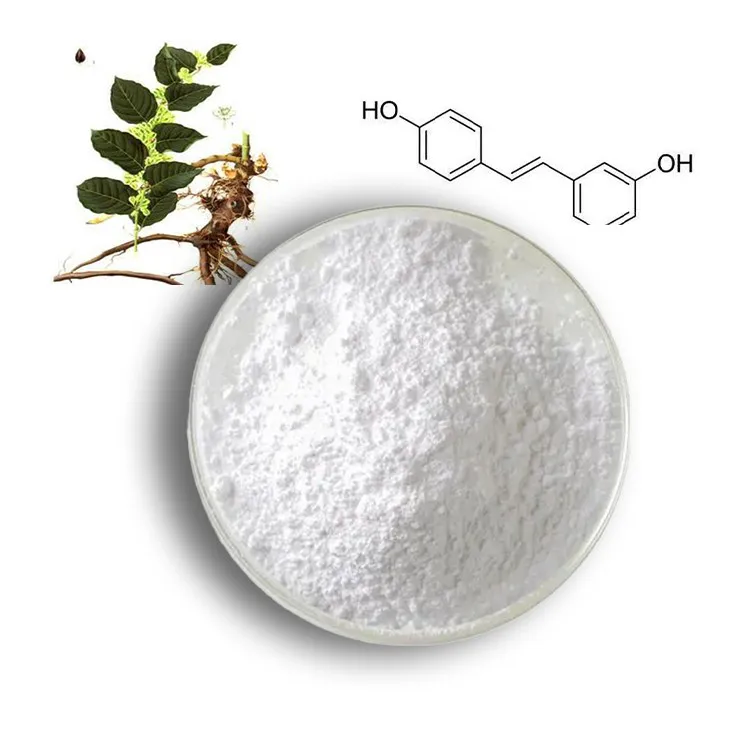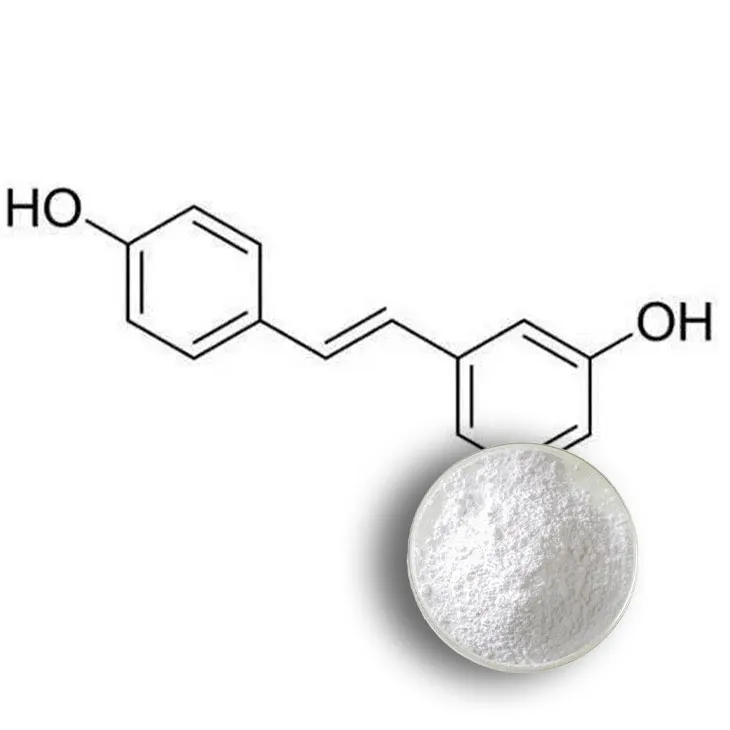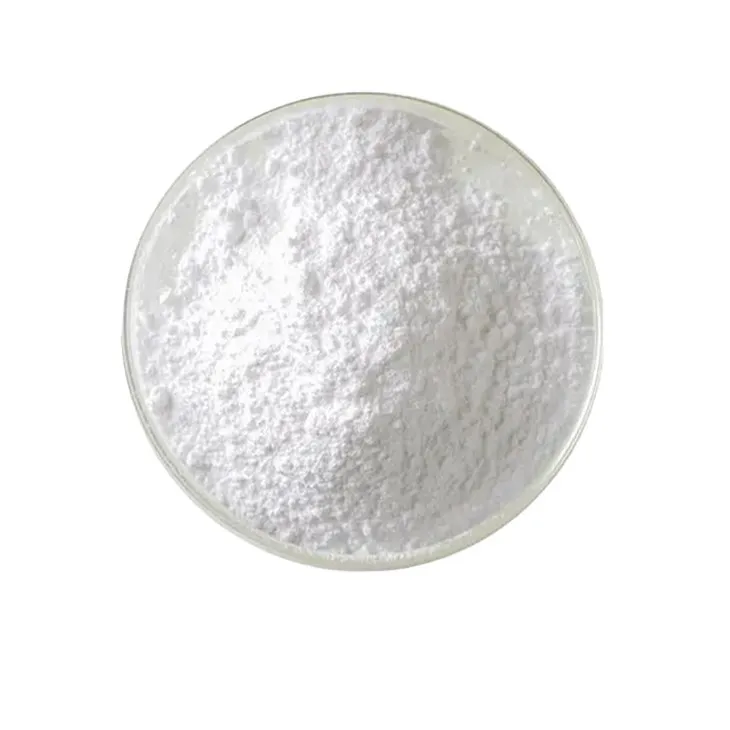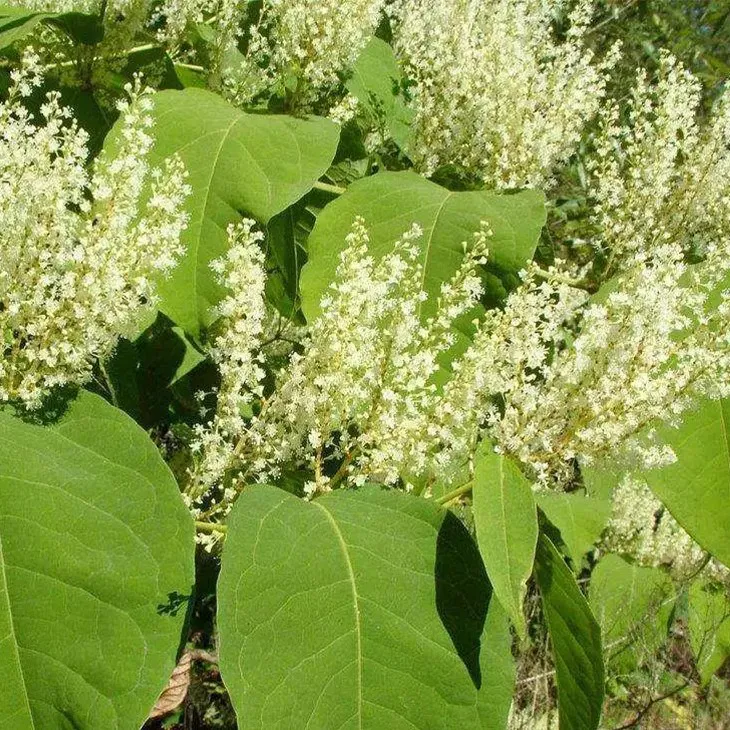- 0086-571-85302990
- sales@greenskybio.com
The best source of natural resveratrol extract.
2024-11-29

Introduction
Resveratrol has gained significant attention in recent years due to its potential health - promoting properties. It is a natural compound that belongs to a group of polyphenols. Resveratrol is believed to have antioxidant, anti - inflammatory, and anti - aging effects, among others. While it can be synthesized in a laboratory, many people prefer to obtain it from natural sources for a more holistic approach to health. In this article, we will explore some of the best natural sources of Resveratrol extract and how they can be incorporated into the diet.

Red Wine - A Classic Source
1. Resveratrol in Red Wine
Red wine is one of the most well - known sources of resveratrol. During the fermentation process of red wine, the skins of grapes are left in contact with the juice for an extended period. This is crucial because resveratrol is predominantly found in the skins of grapes. The fermentation process allows the extraction of resveratrol from the grape skins into the wine. Different types of red wines may contain varying amounts of resveratrol depending on factors such as the grape variety, the region where the grapes are grown, and the winemaking techniques employed.
2. Health Benefits Associated with Red Wine's ResveratrolSome of the potential health benefits linked to the resveratrol in red wine include:
- Cardiovascular Health: Resveratrol may help in reducing the risk of heart disease. It has been shown to have positive effects on blood vessels, such as improving endothelial function. This can lead to better blood flow and lower blood pressure.
- Antioxidant Activity: It acts as a powerful antioxidant, helping to neutralize free radicals in the body. Free radicals can cause oxidative stress, which is associated with various diseases and aging.
- Anti - Inflammatory Effects: Resveratrol can modulate the body's inflammatory response, potentially reducing chronic inflammation that is linked to many health problems like arthritis and certain cancers.
While red wine contains resveratrol, it is important to note that excessive alcohol consumption can have negative health impacts. Therefore, moderation is crucial when consuming red wine for its resveratrol content. The recommended amount of alcohol for men is generally no more than two drinks per day, and for women, no more than one drink per day. A "drink" is typically defined as 5 ounces of wine.

Blueberries - A Nutritious Alternative
1. Resveratrol in Blueberries
Blueberries are not only delicious but also a great source of resveratrol. These small, blue - purple fruits are rich in antioxidants, and resveratrol is one of the important components. Although the amount of resveratrol in blueberries may be less than that in some concentrated Resveratrol extracts, they offer a natural and whole - food source of this beneficial compound. Blueberries also contain other nutrients such as vitamins C and K, fiber, and manganese, which contribute to their overall health - promoting properties.
2. Health Benefits of Blueberries' ResveratrolThe resveratrol in blueberries can contribute to:
- Eye Health: Blueberries, with their resveratrol and other antioxidants, may help protect the eyes from oxidative damage. This can be beneficial in preventing age - related macular degeneration and cataracts.
- Brain Function: There is evidence to suggest that the compounds in blueberries, including resveratrol, can support brain health. They may improve cognitive function, memory, and protect against neurodegenerative diseases such as Alzheimer's.
- Anti - Cancer Potential: Resveratrol's antioxidant and anti - inflammatory properties may play a role in reducing the risk of certain cancers. Blueberries, as a natural source of resveratrol, can be part of a cancer - preventive diet.
Blueberries are very versatile and can be easily incorporated into the diet in various ways:
- Fresh Consumption: They can be eaten fresh as a snack, added to breakfast cereals, or mixed with yogurt.
- Smoothies: Blueberries are a popular ingredient in smoothies. Combine them with other fruits, such as bananas and strawberries, and some liquid like milk or yogurt to make a nutritious and delicious smoothie.
- Baking: Blueberries can be used in baking, for example, in muffins, pancakes, or pies. They add a burst of flavor and color as well as nutritional value.

Polygonum cuspidatum (Japanese Knotweed) - A Potent Source
1. Resveratrol in Polygonum cuspidatum
The roots of Polygonum cuspidatum, also known as Japanese knotweed, are a highly potent source of Resveratrol extract. This plant contains a relatively high concentration of resveratrol compared to other natural sources. However, it is important to note that while Japanese knotweed has valuable resveratrol content, it is also an invasive species in some regions. Therefore, when sourcing resveratrol from this plant, it should be done in an environmentally responsible way.
2. Health Benefits of Polygonum cuspidatum's ResveratrolThe resveratrol from Polygonum cuspidatum may offer:
- Metabolic Health: It may play a role in improving metabolic functions, such as regulating blood sugar levels. This can be beneficial for people with diabetes or those at risk of developing metabolic disorders.
- Anti - Aging Effects: Resveratrol's antioxidant and anti - inflammatory properties can contribute to anti - aging. It may help in reducing wrinkles, improving skin elasticity, and protecting the body's cells from damage.
- Immune System Support: By reducing inflammation and oxidative stress, the resveratrol from this plant may support the immune system, helping the body to better defend against infections and diseases.
When using products derived from Polygonum cuspidatum:
- Quality and Purity: Ensure that the resveratrol extract is of high quality and purity. There may be potential contaminants in products sourced from this plant, so it is important to choose reliable suppliers.
- Medical Consultation: Since it is a relatively potent source, it is advisable to consult a healthcare professional before using products containing resveratrol from Polygonum cuspidatum, especially if you have underlying health conditions or are taking medications.

Conclusion
Resveratrol is a compound with many potential health benefits, and obtaining it from natural sources can be a great way to support overall health. Red wine, blueberries, and the roots of Polygonum cuspidatum are among the best natural sources of resveratrol extract. Each source has its own unique characteristics and associated health benefits. Whether you choose to enjoy a glass of red wine in moderation, add blueberries to your daily diet, or consider products containing resveratrol from Polygonum cuspidatum (with caution), incorporating these natural sources of resveratrol into your lifestyle can be a step towards better health. However, it is always important to maintain a balanced diet and a healthy lifestyle overall, as no single compound or food can guarantee optimal health on its own.
FAQ:
What are the main natural sources of resveratrol?
Red wine is a well - known source as it gets resveratrol from grape skins during fermentation. Blueberries are rich in antioxidants including resveratrol. Also, the roots of Polygonum cuspidatum (Japanese knotweed) are a potent source of resveratrol extract.
How does red wine contain resveratrol?
During the fermentation process of red wine, the grape skins are involved. Resveratrol, which is present in grape skins, gets transferred into the wine, thus making red wine a source of resveratrol.
What makes blueberries a good source of resveratrol?
Blueberries are known for being rich in various antioxidants. Resveratrol is among the antioxidants present in blueberries, which is why they are considered a good natural source of it.
Can we consume Polygonum cuspidatum directly for resveratrol?
It is not advisable to consume Polygonum cuspidatum directly as it may have some potential side effects or toxicity. Usually, resveratrol is extracted from its roots in a proper and controlled way for safe use.
How can we incorporate these resveratrol - rich sources into our diet?
For red wine, it can be consumed in moderation as part of a meal. Blueberries can be eaten fresh, added to smoothies, or used in baking. Regarding resveratrol extract from Polygonum cuspidatum, it is often available in supplement form, but it should be taken under proper medical or dietary guidance.
Related literature
- Resveratrol: Sources, Bioavailability, and Potential Health Benefits"
- "Natural Sources of Resveratrol and Their Impact on Health"
- "The Role of Resveratrol from Different Natural Sources in Promoting Wellness"
- ▶ Hesperidin
- ▶ Citrus Bioflavonoids
- ▶ Plant Extract
- ▶ lycopene
- ▶ Diosmin
- ▶ Grape seed extract
- ▶ Sea buckthorn Juice Powder
- ▶ Fruit Juice Powder
- ▶ Hops Extract
- ▶ Artichoke Extract
- ▶ Mushroom extract
- ▶ Astaxanthin
- ▶ Green Tea Extract
- ▶ Curcumin
- ▶ Horse Chestnut Extract
- ▶ Other Product
- ▶ Boswellia Serrata Extract
- ▶ Resveratrol
- ▶ Marigold Extract
- ▶ Grape Leaf Extract
- ▶ New Product
- ▶ Aminolevulinic acid
- ▶ Cranberry Extract
- ▶ Red Yeast Rice
- ▶ Red Wine Extract
-
Diosmin
2024-11-29
-
Tongkat Ali Extract
2024-11-29
-
Hawthorn Extract
2024-11-29
-
Bamboo Leaf extract
2024-11-29
-
Reishi mushroom extract
2024-11-29
-
Lily extract
2024-11-29
-
Europen Bilberry Extract
2024-11-29
-
Soy Extract
2024-11-29
-
Ginseng Root Extract
2024-11-29
-
Hawthorn powder
2024-11-29





















